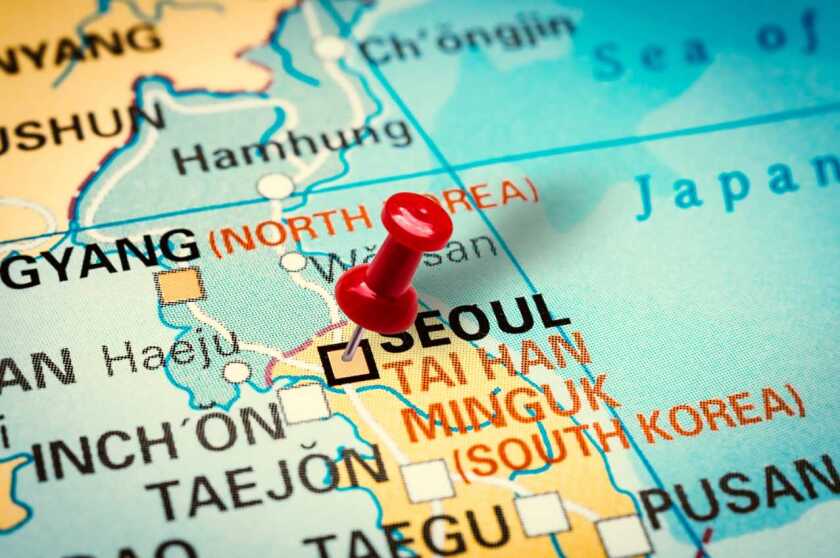The move, apparently prompted by the Covid-19 pandemic, will see the firm “support local suppliers to manufacture homegrown materials”, according to the Yonhap news agency. Further, in order to “stabilise its equipment supply chain”, KT said it will diversify its main suppliers and manufacturers of major components.
KT didn’t specify the exact supply chain challenges it had experienced over the course of 2020, or which suppliers it would be working with as the new strategy is rolled out. However, it did say that its support for local suppliers would see them supported to enter overseas markets.
Supply chains around the world have been hit by the pandemic, with the impact sweeping from east to west as global lockdowns have been imposed. As Capacity has reported, in Europe the situation has been compounded by the Huawei equipment bans.
In 2018, KT appointed Samsung, Nokia and Ericsson as its 5G equipment providers, and since then its 5G subscriber base had grown at an “accelerated rate each quarter”, reaching 4.26 million as of the end of Q3.
In its most recent financial results, KT said it was “upbeat” about its performance and that it will reach 1 trillion won in operating profit on a standalone basis in 2022 “even by conservative estimates”. It noted a 7.9% increase in year on year net income in the results and attributed that gain to cost reductions.
KT’s cumulative operating profit as of the third quarter this year stood at 759.1 billion won on a standalone basis.





